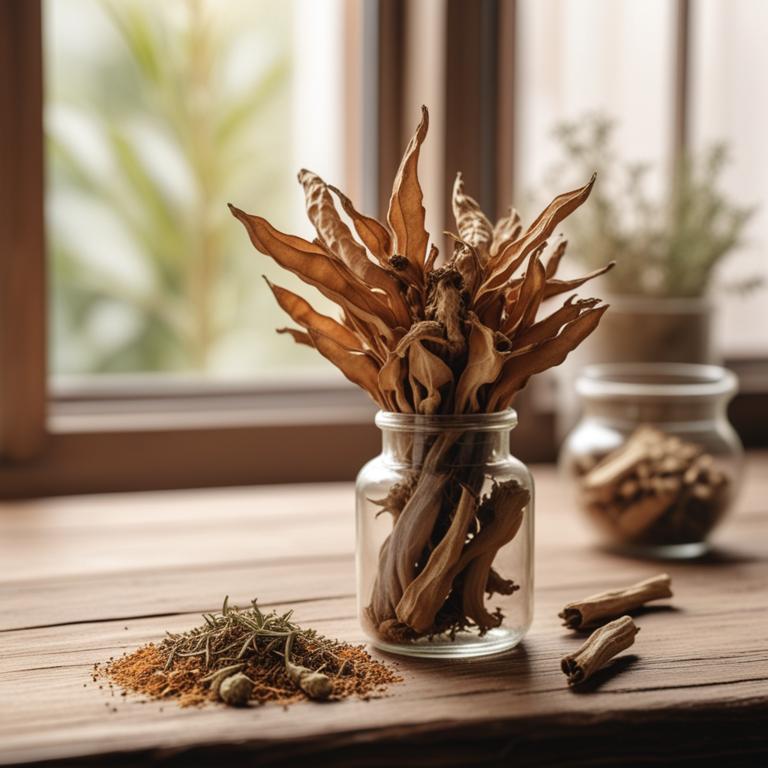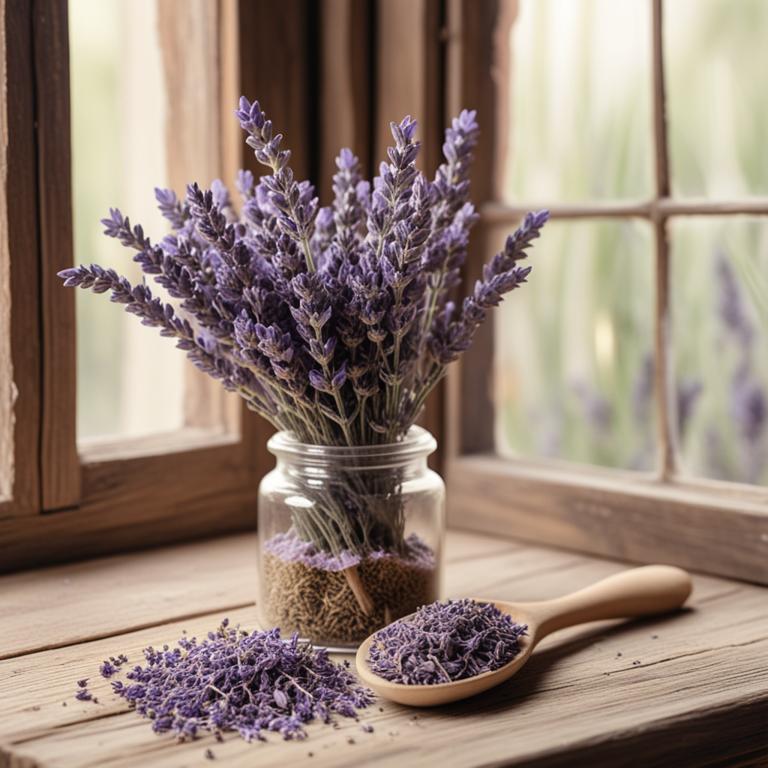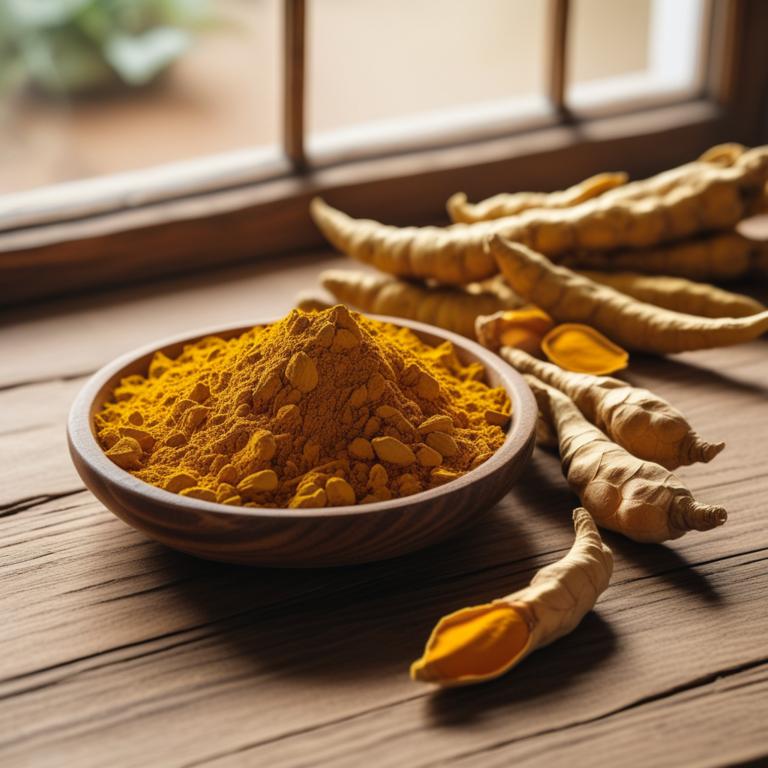Updated: Dec 1, 2024
The Causes of Gout: Exploring Herbal and Medicinal Treatments

Gout is a painful condition that affects millions of people worldwide.
It causes sudden, severe attacks of pain and swelling in the joints, usually the big toe, but also in the feet, ankles, and hands. These attacks can be debilitating, making it hard to walk, work, or even enjoy daily activities. If left untreated, gout can lead to chronic joint damage and disability. Gout is caused by an excess of uric acid in the blood, which forms sharp crystals that accumulate in the joints, causing inflammation and pain. This excess uric acid can be due to a diet high in meat, seafood, and sugary drinks, as well as genetics, obesity, and certain medical conditions. Fortunately, herbal remedies can help alleviate gout symptoms and reduce uric acid levels.
Certain herbs, such as celery seed, burdock root, and juniper berries, have anti-inflammatory properties that can reduce swelling and pain. These herbs can also help flush out uric acid from the body. To use these herbs, you can make teas by steeping them in hot water, or take them in supplement form. Burdock root tea, for example, is a popular herbal remedy for gout. It's made by steeping dried burdock root in hot water and straining it. Drinking burdock root tea regularly can help reduce inflammation and lower uric acid levels.
Similarly, celery seed tea is another effective remedy for gout, as it contains compounds that help reduce inflammation and prevent uric acid buildup.
Table of Contents
What leads to gout?
The main causes of gout are related to how the body processes uric acid, a waste product that's produced when we break down certain foods.
The primary cause is hyperuricemia, which means having too much uric acid in the blood. This can happen for various reasons, such as eating too much meat, seafood, or sugary foods, or not drinking enough water to help flush out the acid. When there's too much uric acid in the blood, it can form sharp crystals that accumulate in the joints, causing pain and inflammation. Another cause of gout is the use of diuretics, which are medications that help the body get rid of excess fluid and salt. While they're useful for treating conditions like high blood pressure, they can also increase uric acid levels in the blood by reducing the amount of water in the body. This makes it harder for the body to flush out excess uric acid.
Being obese is also a risk factor for gout. When we're overweight or obese, we tend to produce more uric acid, and our bodies are less efficient at removing it. This can lead to a buildup of uric acid in the joints, causing inflammation and pain. Obesity also increases the risk of developing other conditions that can contribute to gout, such as kidney disease and high blood pressure. Finally, having a family history of gout can also increase our risk of developing the condition. If our parents or siblings have gout, we're more likely to have a genetic predisposition to producing too much uric acid or having a less efficient kidney function.
This means that even if we take good care of ourselves and eat a healthy diet, we may still be more likely to develop gout due to our genetic makeup.
What are the advantages of incorporating herbs into a gout treatment plan?
Using herbs to manage gout can be really beneficial.
They can help reduce the pain and swelling associated with this condition. Some herbs have anti-inflammatory properties, which can help bring down the inflammation in the joints. This can make it easier to move around and perform daily activities. Certain herbs can also help lower uric acid levels in the blood, which is a major contributor to gout.
By reducing uric acid, these herbs can prevent future gout attacks. Additionally, some herbs have antioxidant properties, which can help protect the joints from damage caused by free radicals. This can help prevent long-term joint damage and promote joint health. Some herbs may also help improve kidney function, which is essential for removing excess uric acid from the body.
By supporting kidney function, these herbs can help the body naturally reduce uric acid levels.
What are the most commonly used medicinal herbs for gout?
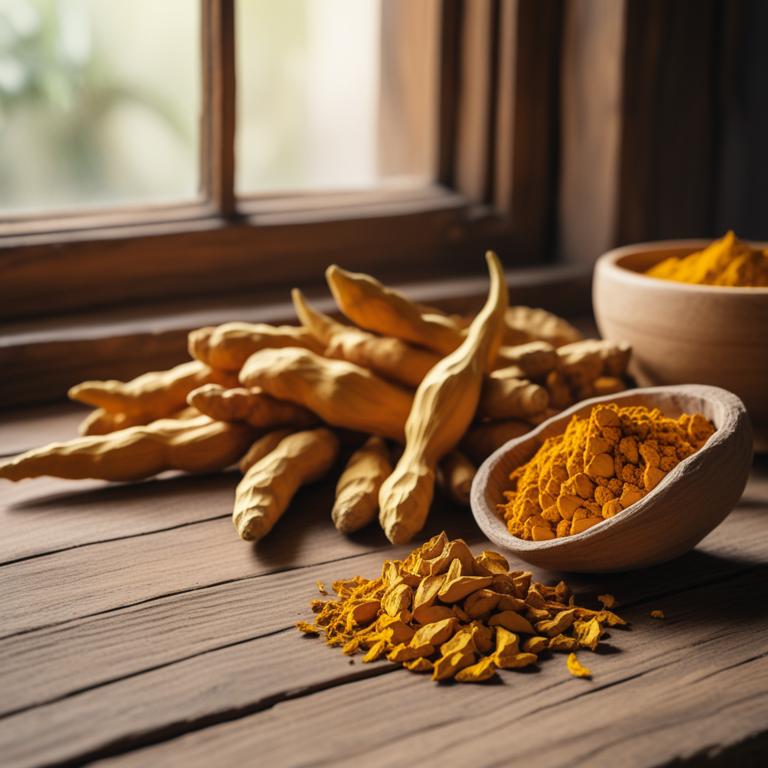
Herbs can be a great way to help manage gout symptoms.
One of these herbs is Curcuma longa, also known as turmeric. It has a compound called curcumin, which is known for its anti-inflammatory properties. This means it can help reduce swelling and pain in the joints. Berberis vulgaris, or barberry, is another herb that can help. It contains a compound called berberine, which can lower uric acid levels in the blood. This is important because high uric acid levels are a major cause of gout.
Glycyrrhiza glabra, or licorice root, is a soothing herb that can help reduce inflammation and relieve pain. It's also good at protecting the kidneys, which are important for removing uric acid from the body. Urtica dioica, or stinging nettle, is a herb that can help reduce inflammation and ease pain in the joints. It's also rich in antioxidants, which can help protect the body from damage. Equisetum arvense, or horsetail, is a herb that can help lower uric acid levels and reduce inflammation in the joints. It's also good at reducing oxidative stress, which can contribute to gout symptoms.
These herbs can be used together to help manage gout symptoms and improve overall health.
What are the most widely used herbal preparations for gout symptoms?

Herbal preparations can help with gout, a painful condition caused by excess uric acid in the blood.
Let's look at some of these preparations and why they're good for gout. Capsules are a convenient way to take herbal supplements. They contain dried and concentrated herbs like celery seed and juniper berry, which have anti-inflammatory properties that help reduce gout pain. Decoctions, on the other hand, are liquid extracts made by steeping herbs in hot water. Herbs like meadowsweet and ginger have anti-inflammatory compounds that can help ease gout symptoms.
Topical creams can be applied directly to the affected area, providing fast relief from pain and swelling. These creams often contain herbs like arnica and turmeric, which have anti-inflammatory properties that reduce pain and inflammation. Tinctures are concentrated liquid extracts of herbs, often used to make herbal remedies. Herbs like burdock root and dandelion root are used to help the body remove excess uric acid. Infusions are similar to teas, made by steeping herbs in hot water. Herbs like cherry and hawthorn have anti-inflammatory compounds that can help reduce gout symptoms.
These herbal preparations can be used alone or in combination to help manage gout symptoms and promote overall health.
Additional Resources:
What herbs should you steer clear of if you have gout?
If you have gout, it's essential to be mindful of the herbs you consume.
Aristolochia clematitis, also known as birthwort, contains a toxic compound that can cause kidney damage, which can worsen gout symptoms. Similarly, Cinchona officinalis, or the cinchona tree, contains quinine, a compound that can make uric acid levels worse, exacerbating gout attacks.
Taraxacum officinale, or dandelion, may seem like a harmless herb, but its high uric acid content can actually trigger gout flares. Taxus baccata, or the yew tree, is toxic and can cause a range of health problems, including kidney damage, which can worsen gout symptoms. Petasites hybridus, or butterbur, can cause stomach problems and interact with medications, including those used to treat gout.
Consuming these herbs can worsen your gout symptoms, so it's best to avoid them altogether.
FAQ
Are there any specific herbs that can prevent gout?
Some herbs may help prevent gout.
Turmeric contains a compound called curcumin, which has anti-inflammatory properties. Ginger is also thought to reduce inflammation and ease joint pain. Studies suggest that celery seeds may lower uric acid levels, a key contributor to gout.
These herbs may be beneficial, but their effects are not fully understood.
Is it safe to use herbal remedies for gout during pregnancy?
It's generally not recommended to use herbal remedies for gout during pregnancy.
Some herbs, like willow bark and meadowsweet, may thin blood and worsen bleeding, which is a concern during pregnancy.
Others, like ginger, might be safe in small amounts, but more research is needed to confirm their safety.
Are there any herbs that can reduce the frequency of gout?
Research suggests that some herbs may help reduce gout frequency.
Turmeric contains curcumin, which has anti-inflammatory properties that may help ease joint pain. Ginger has similar benefits, and studies show it may also lower uric acid levels.
Some people find relief with celery seed extract, which may help reduce uric acid production.
Related Articles

Jammed Finger Care: Causes, Medicinal Herbs, and Preparations
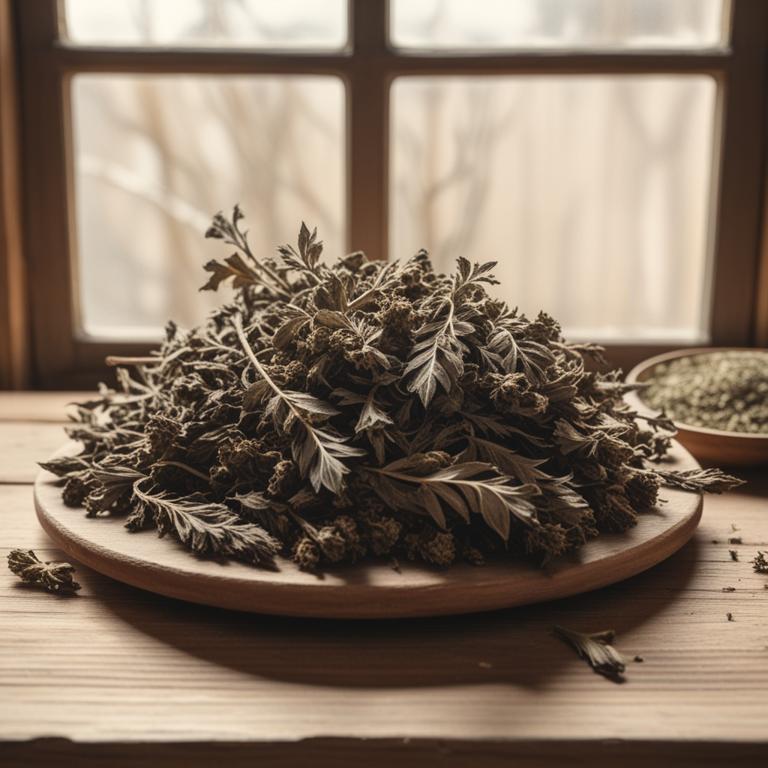
Back Pain Causes and Herbal Treatments for a Pain-Free Life
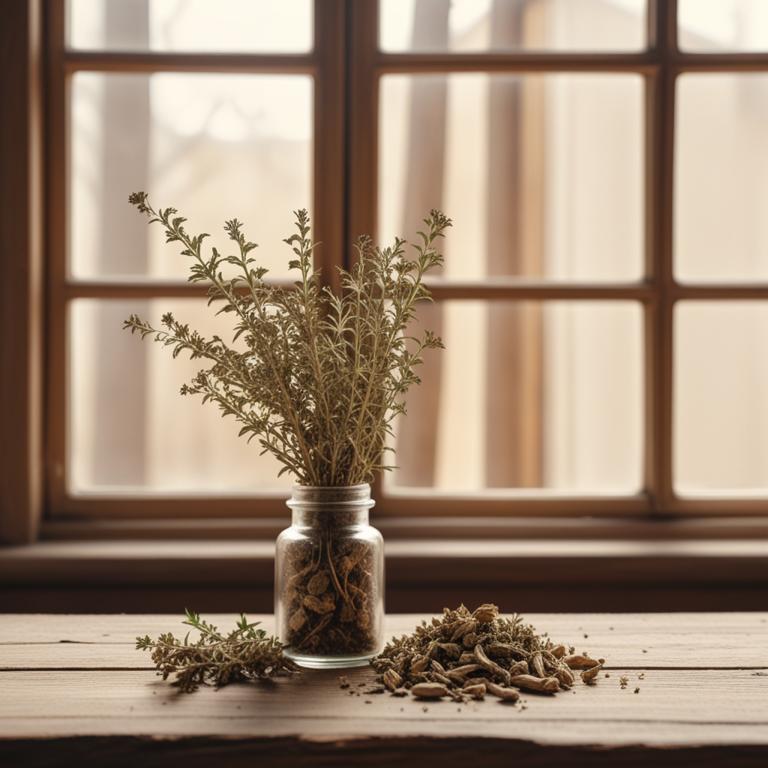
Knee Pain: A Comprehensive Guide to Medical Causes and Herbal Solutions

Understanding Bunion Causes and Using Medicinal Herbs for Relief

Natural Relief for Cramps: Medicinal Herbs and Their Preparations
